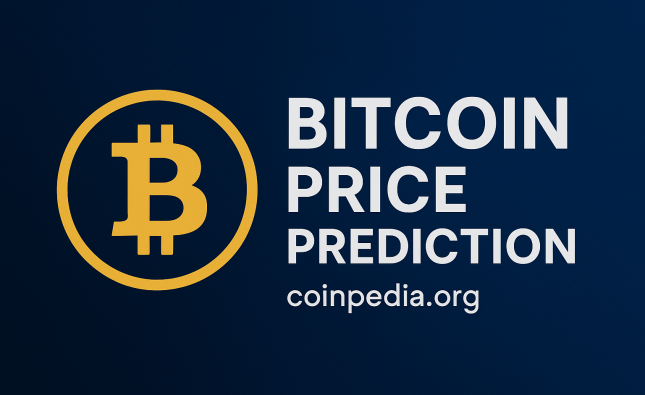
As the global economy continues to recover from the impact of COVID-19, investors and industry experts are keeping a close eye on the commercial real estate (CRE) market. With low interest rates and easy access to capital, some analysts are raising concerns about a potential bubble forming in the CRE sector. In this blog post, we sit down with JPMorgan Asset Management Executive to explore whether we’re headed towards a CRE bubble and what it means for investors. Get ready for an insightful discussion that can help you make informed decisions about your investment portfolio!
What is a CRE bubble?
The CRE bubble is a term that has been thrown around a lot lately in the financial world. What is a CRE bubble and why are people concerned about it?
A CRE bubble is short for commercial real estate. It’s an industry that has seen significant growth over the past few years, as investors look to take advantage of strong prices and high yields. But things may not be as rosy as they seem.
There are several reasons why worries about a CRE bubble are resurfacing. For one, prices have been rising rapidly in many markets across the globe, outpacing wage growth. This has created an unsustainable situation where investors are piling into assets at an ever-increasing rate, without sufficiently absorbing the increased risk.
Additionally, there’s a heightened level of caution among institutional investors due to recently intensified global political and economic uncertainties. If these concerns continue to grow, it could cause them to pull back from CRE investments altogether – potentially creating an even bigger glut of assets on the market and setting off another round of price declines.
So while a CRE bubble may not be destined to burst anytime soon, investors should still be aware of the risks involved and take steps to protect themselves if necessary.
CRE market overview
In the past few years, the CRE market has seen explosive growth, with many analysts predicting that it is nearing a bubble. This growth has been driven in part by trends such as millennials moving into starter homes and investors seeking higher yields. However, JPMorgan Asset Management’s (JPMAM) Darren Stein believes that this growth is not sustainable.
Stein points out that there are several factors driving CRE prices up: first, investors are looking for higher returns than they can get in other asset classes; second, the government is providing more support for CRE investment through its various programs; and finally, the overall economy remains strong. While these factors are likely to continue driving prices up, Stein believes that there is a risk of a bubble forming.
If a bubble does form, it could have serious consequences for the CRE market. A bubble typically results in overvaluation of assets (i.e., prices are too high relative to their intrinsic value), which can lead to an inability to sell properties at fair prices and a collapse in values. If this happens in the CRE market, it could seriously impact both homeowners and investors alike as home values decline and investors lose money on their investments.
What are the risks for JPMorgan Asset Management?
There is a lot of chatter in the market about whether or not we are headed towards a CRE bubble. Many experts seem to think that it is only a matter of time before prices for these types of assets get out of control.
One reason why CRE prices might be on the rise is because there are now many more investors looking to invest in this asset class. Additionally, there has been an uptick in demand for CRE products from institutional investors. This increase in demand has lead to increased prices and increased profits for those who are able to capitalize on the trend.
However, there are also some risks associated with investing in CRE products. One risk is that values could fall if interest rates go up or if there is another crunch in the housing market. Another risk is that investments could default, which could lead to losses for investors.
It is important for anyone considering investing in CRE products to do their homework first and understand all of the risks involved. If you do decide to invest, make sure you have a solid understanding of your investment and have a strategy for mitigating any potential risks.
Conclusion
In a recent interview with CNBC, JPMorgan Asset Management Executive Chief Investment Officer Brett Redfern warned that we may be heading towards a CRE bubble. He points to the increasing demand for rental properties as evidence of this trend, and believes that investors are getting ahead of themselves by investing too heavily in this sector. If true, this could lead to some serious problems down the road for those who have invested in CRE property portfolios. We’ll just have to wait and see what happens next!










